There have been innumerable interpretations of R.C. Sherriff’s 1928 play Journey’s End, but the latest film, set to release in New York and Los Angeles on Friday, March 16th – near the 100th anniversary of the infamous 1918 Spring Offensive – brings together a stellar cast to tell the harrowing tale of life in the trenches of World War I.
Directed by Saul Dibb (Bullet Boy 2004, The Duchess 2008), Journey’s End carves out a space for itself among a litany of War films by placing its focus on its characters and the rat-infested trench they find themselves in just as the German opposition are planning to launch a massive attack on the British front. This claustrophobic storytelling tactic might not have worked were it not for the superb acting of the main cast, particularly Sam Claflin (The Hunger Games: Catching Fire 2013, Me Before You 2016) in his best performance to date as the drunken, war-ravaged Captain Stanhope.
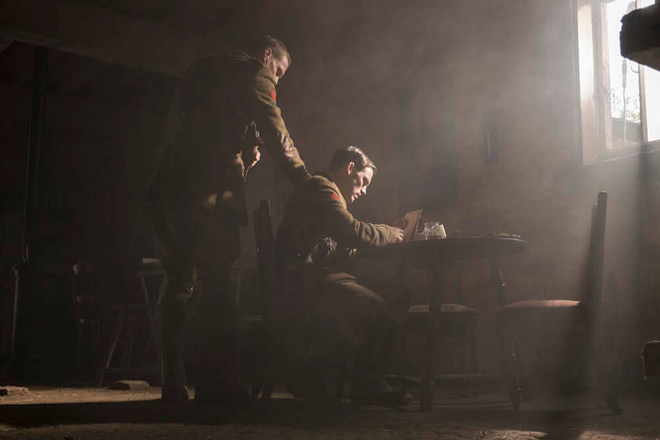
In addition, Asa Butterfield plays Raleigh, a young officer fresh out of training who requested to be placed in the same company as Stanhope, his old school friend. Butterfield is perfectly cast as the green, eager soldier who finds his friend Stanhope a deeply changed man. The audience learns the spartan ways of the trenches through Raleigh’s eyes, guided by Paul Bettany (Captain America: Civil War 2016, Margin Call 2011) as the stalwart, quintessentially British Osborne, an officer affectionately called “Uncle” by his fellow officers. Raleigh’s eagerness swiftly fades as he and several men from his company are sent on an unnecessary and ultimately useless raid across the deadly expanse to the German trenches.
Where most Military films draw emotion from intensely graphic violence, hollowed out scenery, or expansive casts, Journey’s End casts all that aside to shine a light on the humanity behind the war. With the camera rarely leaving the muddied bleakness, this film stands out because of its localization. Taking place over the span of just a few days in March of 1918, Journey’s End shows how quickly war can shatter both body and spirit – it does not take long for the gleam in Raleigh’s eyes to dim as he watches men run to their deaths.
Perhaps the most powerful scene is between Raleigh and Osborne just before they are set to take charge of the raid. The two men countdown the minutes on Osborne’s cherished pocket watch, Raleigh eager to discuss the mission while Osborne gently insists on discussing the merits of coffee versus tea for breakfast. This scene is haunting in its simplicity, with the weight of the war seeming to fall on the shoulders of these two men as the short minutes tick by.
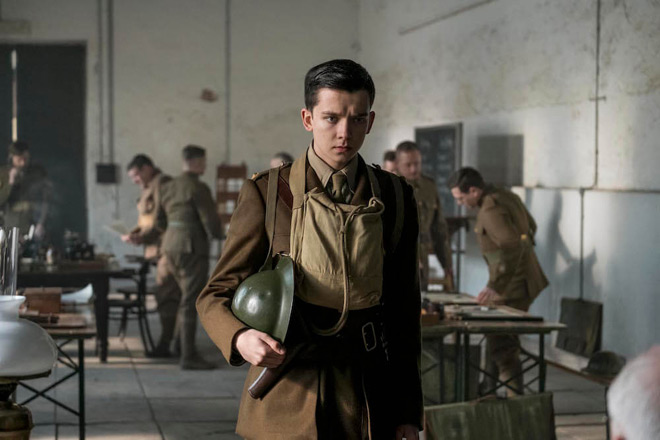
While there are several intensely human scenes like these, not every attempt in Journey’s End makes it as successful. Some bizarre and confusing editing choices completely mismanage the loss of a major character and diminishing the opportunity for major impact. Though there are not many action sequences, those that are attempted are jarring and strange. However, there are plenty character-driven scenes to more than make up for that. Claflin alone is enough to carry this film, his performance surprising, moving, and heartfelt – thankfully he was chosen over more obvious British staples.
It is a heartbreaking joy to watch Claflin’s performance from the moment he beholds Raleigh for the first time. He often manages to play multiple emotions at once, and it was refreshing to see such a stellar performance. That is not to impugn the performances of any other cast members though. Toby Jones (The Painted Veil 2006, Tinker, Tailor, Soldier, Spy 2011) is excellent, if always underrated, as the dedicated cook Mason making the best of what little he is given, while Stephen Graham (This Is England 2006, Snatch 2007) shines as the stalwart Trotter. However, there are almost no women or people of color to be found in the cast, which is still as tiresome as it is expected.
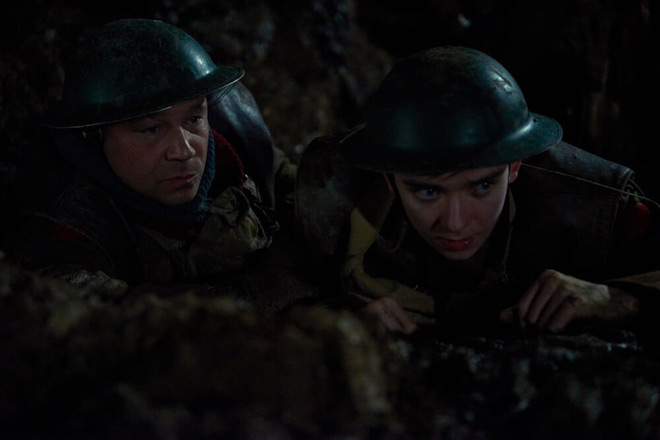
Even so, originally written in 1928 when the wounds of the War were still fresh, Dibb manages to bring a fresh take to Journey’s End with smart cinematography, a brilliant cast, and a focus on humanity to bring this heart-wrenching tale to a contemporary audience. For these reasons, CrypticRock gives Journey’s End 4 out of 5 stars.
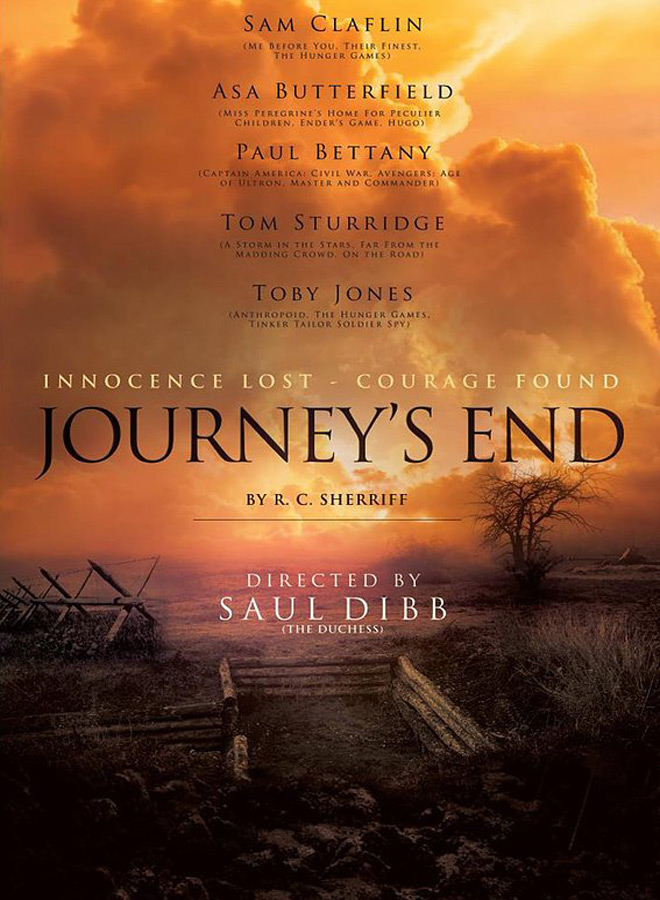

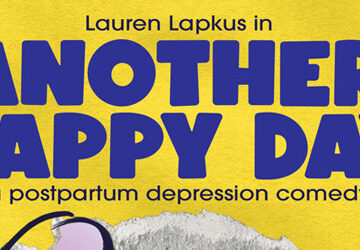



No comment